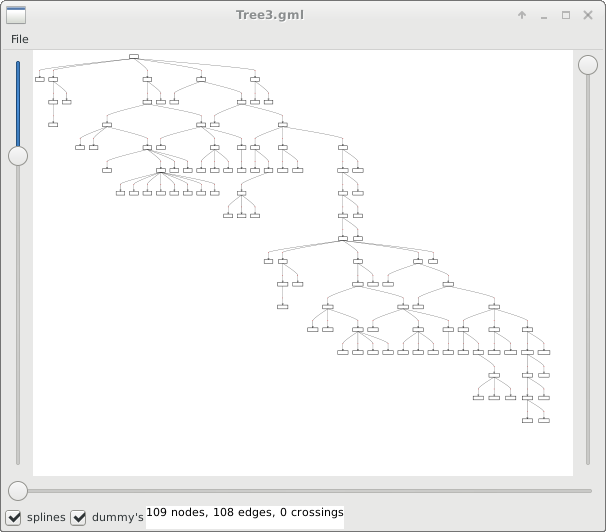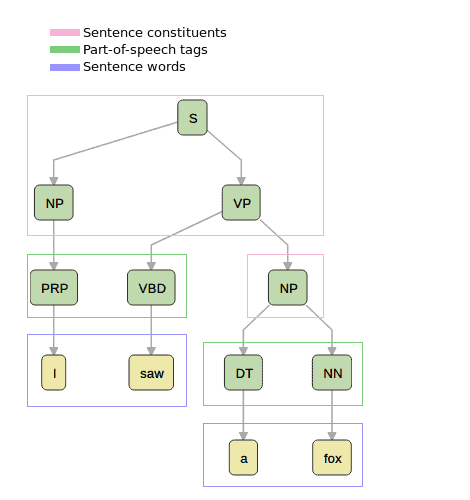

Outlook Express messages are stored in archives with a. The above procedure applies to Outlook only, not Outlook Express. For example, you can search for a message in dtSearch, launch the message in Outlook, and then reply to the message using Outlook. Indexing Outlook data this way also allows for launching a message, contact, appointment, task or note in its native application. MSG files can be indexed and searched in any dtSearch product, including dtSearch Web, just like any other supported document format. Once the data is converted, dtSearch can index the generated. For documentation on mapitool, see mapitool.html in the dtSearch BIN folder. To convert the data, mapitool.exe relies on Outlook, so Outlook must be installed at the time the conversion is done. To perform bulk conversion of PST and Exchange data, dtSearch includes a command-line tool, mapitool.exe. MSG files will include all properties of the original Outlook item, including any attachments. MSG eliminates the need for the data to be attached to a profile or for Outlook to be installed when indexing and searching. MSG files without going through MAPI, Outlook, or Exchange, so converting the data to. (B) Bulk indexing of PST or Exchange data - extracting using mapitool.exeįor archiving and forensic applications, you can also extract PST and Exchange data to. PST files are relatively slow to open due to their structure, so opening documents after a search will be slower with this indexing method than with option (B). To enable documents to open more quickly after a search, build your index with caching of documents enabled. Indexing Outlook data this way allows for launching a message, contact, appointment, task or note in its native application. Use the 64-bit dtSearch indexer if you have 64-bit Outlook and use the 32-bit dtSearch indexer if you have 32-bit Outlook. Outlook must be installed for Outlook indexing to work because dtSearch uses the Outlook program to access Outlook data.ĭtSearch includes both a 32-bit indexer and a 64-bit indexer.
#Dtsearch parse tree update#
To index the data in your Outlook profile using dtSearch, in the Update Index dialog box, click Add Outlook to add one or more Outlook folders.ĭtSearch support for Outlook indexing works with 64-bit and 32-bit Outlook versions 2016 and earlier, back to Outlook 2010. (A) Indexing Outlook messages and other information in your Outlook profile ScanPST does not always fix all problems on the first pass so it should be run until it reports no errors. To open an item in Outlook, click on the item in dtSearch and then press F8 or click the "Launch" button on the dtSearch Desktop toolbar.īefore indexing PST files, we recommend running the Microsoft ScanPST utility on them because PST files can contain errors. When you index using option (A) or (B), you can also open retrieved Outlook messages and other items in Outlook. Click Edit > Copy File(s) in dtSearch Desktop to copy all or selected messages from search results to a folder.
#Dtsearch parse tree how to#
For information on this option, see How to index attachments separately from email messages.Īfter a search, you can view retrieved items in dtSearch, with hits highlighted. Alternatively, you can configure dtSearch to treat each attachment as a separate document. Attachments are appended to the message body. (C) dtSearch can index Outlook PST and OST message archives directly (without using Outlook).Įach message item, including all attachments, is indexed as a single document. (B) You can use a dtSearch utility, mapitool.exe, to extract PST or Exchange data to a folder tree of MSG files for indexing, and


(A) dtSearch can index "live" content in your Outlook profile (the PST files you are currently using), Applies to: dtSearch 7.77 and later How to index Outlook and Exchange messages with dtSearchĭtSearch includes three ways to index Outlook or Exchange messages, contacts, tasks, appointments, and notes:


 0 kommentar(er)
0 kommentar(er)
